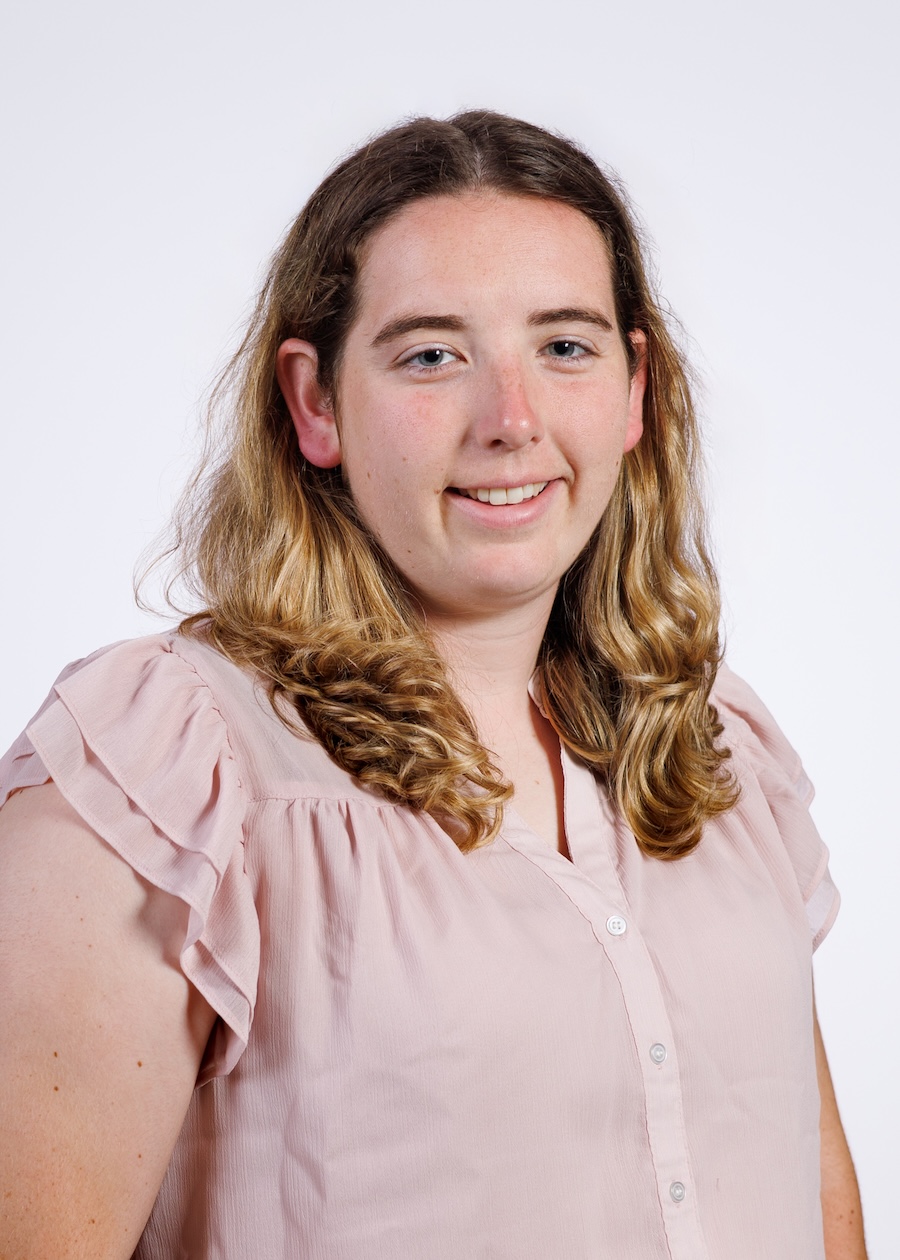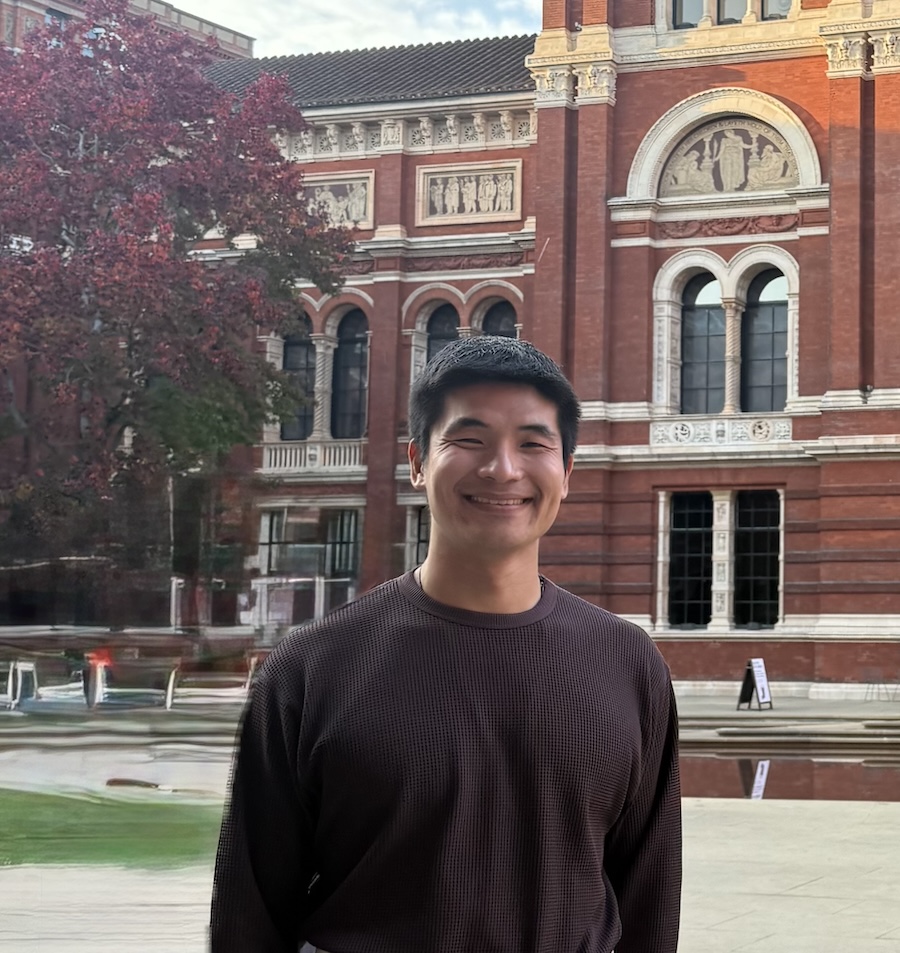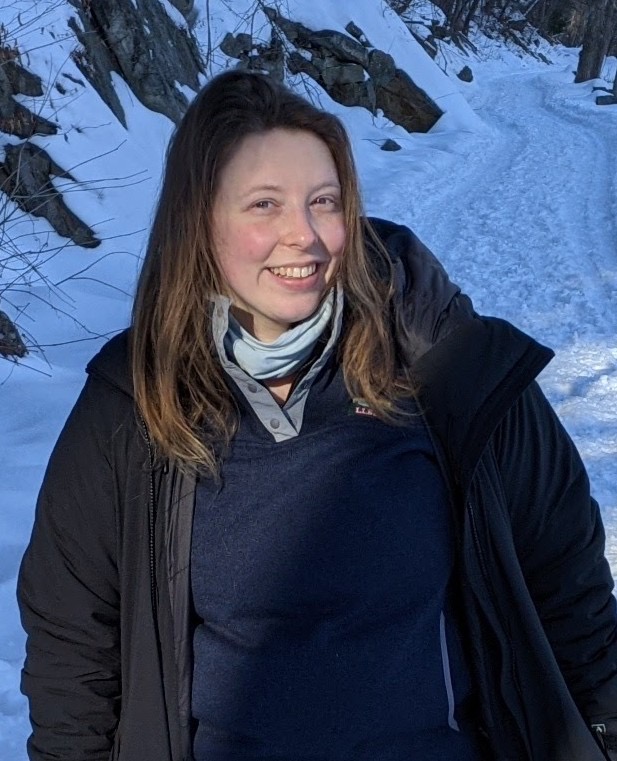What have you been up to since graduating from Bowdoin?
I have been working at the Center for Neurointestinal Health at Massachusetts General Hospital. My neuroscience major, combined with my classics coursework, prepared me very well for this role. I also found out on Monday that I was accepted to Tufts University School of Medicine, which I am incredibly excited about.
Why classics?
I took Latin in high school, and my teacher always told me that Bowdoin had a great classics department and encouraged me to take a class when I got there. When I was choosing courses the day before my first semester began, a Latin course happened to be the last class that fit into my schedule. I decided to take it because I had some background in the subject and felt comfortable with it during an overwhelming time when everything else felt new. I ended up loving the course and continued taking classics classes from that point forward.
I appreciated the small class sizes, the chance to build my academic path through close conversations with my advisor, Professor Boyd, and the steady support from Professor Nerdahl and Professor Sobak. The department created a wonderful experience for me, and it is well-suited to help students pursue many different paths after graduation.
Are there any classes, professors, or experiences that had a lasting impact on you?
The professors care about you as a person and a student. The different learning models in the department helped me stay engaged. In the language classes, you really have to be present and involved. In the non-language classes, we often did role-playing activities where we embodied historical figures and tried to understand how they would have acted in their time.
Professor Nerdahl’s classes stand out to me because of the specific strategies he used to make the material interactive and memorable. Those approaches encouraged real participation and discussion, and they have served me well moving into my current role and now into medical school. The emphasis on active learning, speaking up, and being part of the classroom environment made a huge difference in my confidence and preparation.
What advice would you give to current students or recent graduates interested in your field?
Do not be afraid to try something different during your undergraduate years. Classics truly set me apart and gave me a broader view of the world. It provided a strong humanities foundation that complements the sciences in important ways. It is valuable to follow subjects you are genuinely passionate about, even if you do not have a specific career in mind yet. Your path will develop over time, and exploring widely can help you find what you really want to pursue.


